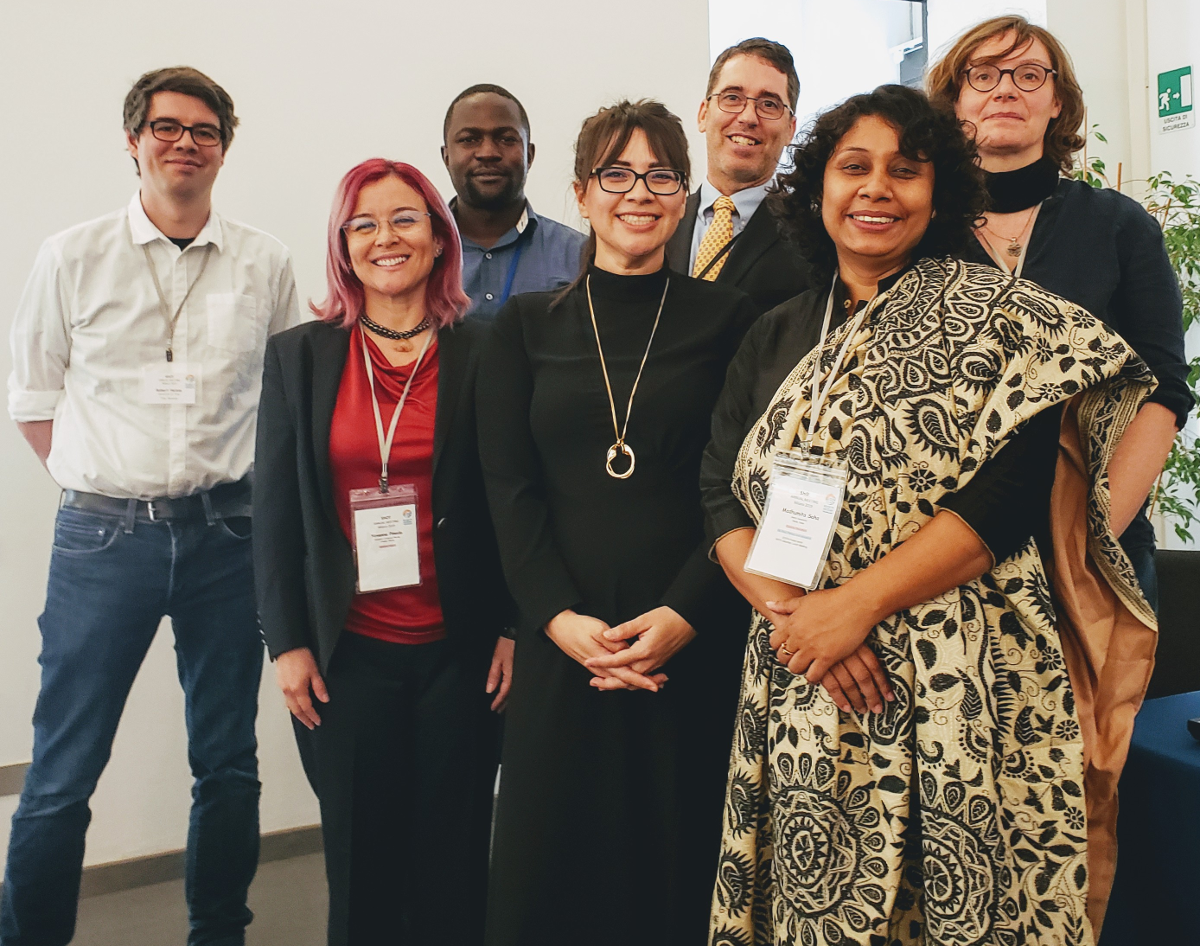Research Group
Race, Gender, and Power in the History of Users of Global Technology

Race, Gender, and Power in the History of Users of Global Technology
Christiane Berth (University of Graz, Austria), Yovanna Pineda (University of Central Florida), Jethron Ayumbah Akallah (Maseno University), Robert Heinze (University of Trier), Alan Meyer (Auburn University), Suzanne Moon (University of Oklahoma), Diana Montaño (Washington University-St. Louis), Sonia Robles (University of Delaware), Madhumita Saha (Amity Institute of Social Science), and Mikael Wolfe (Stanford University)
In this international research group, we explore how users re-create perceptions and cultural norms about the use, design, and re-development of old and new technologies. We also examine access to new technology, which was not always equitable or equally distributed.
In this international research group, we explore how users re-create perceptions and cultural norms about the use, design, and re-development of old and new technologies. We also examine access to new technology, which was not always equitable or equally distributed.

In Asia, Africa, and Latin America, regulations for integrating machinery into the daily lives of communities relied upon notions of race, gender, and education to establish who would enjoy the privilege of access to newly introduced technology. This new technology could become a source of empowerment for a community or individual, but the explicit and implicit rules governing it could exacerbate the social divide between the already privileged and nonprivileged.
